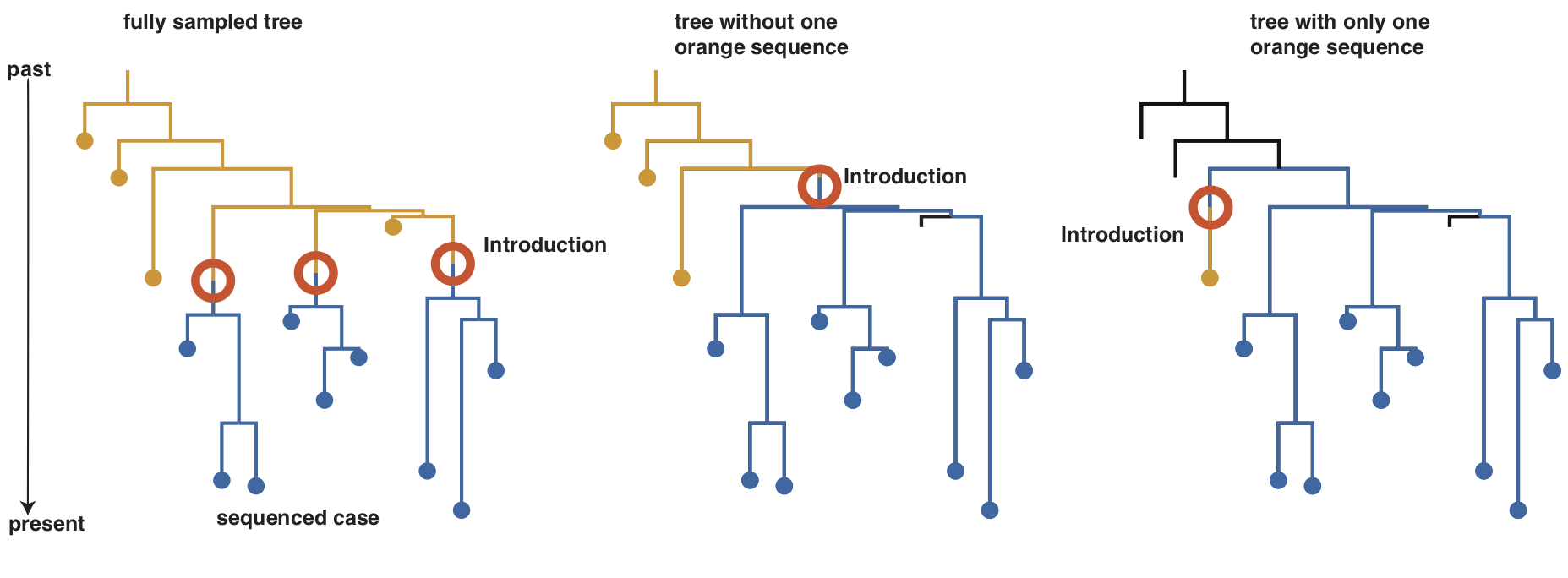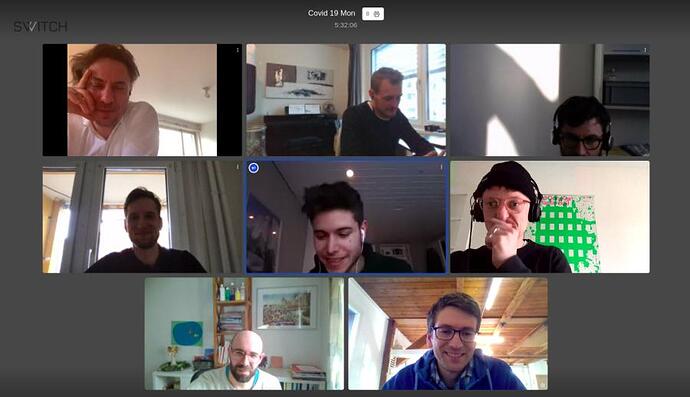Thank you to all who joined us and checked in last week. I got lost in code over the weekend, it took me a while to collect my thoughts. One year ago the situation sounded rather dire, the Hacks needed Hackers…
It is good to see some familiar faces some „100,000 Slack messages later…“ on our anniversary call. As of now in March 2021, the FOPH (bag.admin.ch) has in-depth and current official data, which is freely downloadable (scroll all the way down to the footer of this page and look for .csv and .json links on the right) - but not yet clearly licensed or published as OGD (opendata.swiss). We have been tweeting our observations, publishing findings, joining roundtables over the months past.
We mark the passage of time, amazed at all we have experienced this year. Everything was so new then, now we are so settled into the home office routine, this new normal (Republik). In many areas we don’t feel like we are one step further. Vaccinations data being, of course, the new hot topic, and R-values where official method leaves much to be desired (NZZ).
We’ve really stepped on the gas, moved a few people to commit to data scraping for the common good. Has anything changed at the Hackathon? You have remained active throughout the year, though in GitHub we are somewhat less active…a couple of people (and some very diligent bots!  ) keeping the data flowing. The #covid19mon participants are very active with data in other areas, such as connecting environmental data on CO^2 emissions and COVID-19 impacts, the measurement of atmospheric conditions being an overstretched and underfunded area of work.
) keeping the data flowing. The #covid19mon participants are very active with data in other areas, such as connecting environmental data on CO^2 emissions and COVID-19 impacts, the measurement of atmospheric conditions being an overstretched and underfunded area of work.
There was general expression of the need to participate, be hands on: „We are not experts but everyone has some skills. I did not manage to join a group, but got a lot of freedom from my boss to take part. [The hackathon] fulfilled my expectations, though I did not stay active [in the ongoing effort].“
„I was frustrated because we were not supported by the official side.“ Reported another participant. „The canton and the federal government were supposed to take over the management, but this was not happening as fast as we had hoped.“
Thanks to this event and others like it, change was accelerated within several organizations: „It is now much easier for us to say we want to promote data literacy at all levels. A machinery sometimes needs to be set in motion.“
Lest we think that things have dramatically moved on, the COVID-19 observations continue to „be a lot of work internally for our data journalists. The vaccination data is actually the same [type of problem] - 2 doses were reported separately in many countries, in Switzerland the situation was quite stupid. If we did something like that internally, we would notice it immediately.“
We discussed the benefits of promoting open data topics „There is much to learn when we do Open Data. We keep seeing data from the Statistical Office that is not encoded with UTF-8. When wwe are not properly informed, we lose interest as users, as scientists. On certain levels we are not able to react directly.“ This is a frustration about the perceived finality of authoritative data sources that reverberates in our discussions.
„We have to change the culture is a common expression of structures and their incentives. If the boss says - I want it to be done openly - then everything becomes open.“
„I find it extremely unfortunate when in private civic engagement people are too frustrated, their interest fails them [and they miss the opportunity] to join a collaborative engagement.“
"It really meant something to me, a lot happened and it was an adventure when I think back on it. It’s exciting that the health directorate has taken on a data scientist. Modelled after our repository, they have created their [official] data flows. I’ve never seen a government organisation publish different data sets so quickly, adapt to the situation.
„Very positive experience! Thanks in part to the hackathon, the compiled data became the best information available, on which people were making critical decisions.“
„Monitoring is about delivering on promises.“
„For public data and actually useful things, there is less interest than for companies or banks to store the data. Because of federalism, there are large differences between city and canton, canton and canton. But let’s not use this as a cheap excuse! There is simply a lack of will to cooperate.“
Our final thoughts were perhaps the most poignant. We talked about fail culture. How our community has made a lot of mistakes, there were a lot of typos and bugs - and it was never a problem.
That we have to distinguish between what can be quickly done for the ‚cause‘ and what is ‚responsible data journalism‘.
That it takes courage and rethinking how we communicate!
And that a little gratitude goes a really long way.
![]() this post for a calendar invitation. Stay safe & sound & have an excellent weekend!
this post for a calendar invitation. Stay safe & sound & have an excellent weekend!

 ) keeping the data flowing. The
) keeping the data flowing. The 